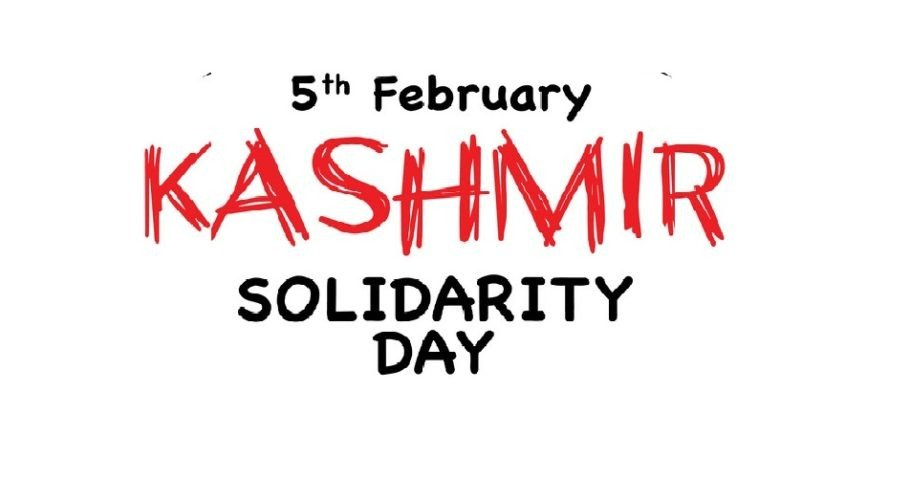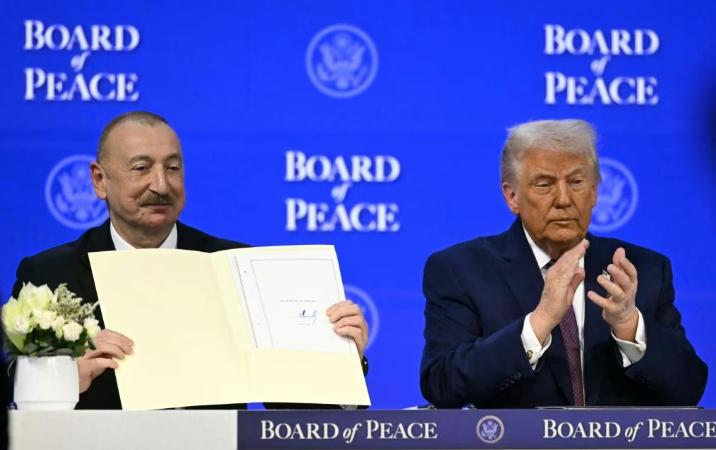As the world commemorates the 80th anniversary of the founding of the United Nations (UN) in 2025, it marks a significant moment to reflect on the progress of global cooperation, multilateralism, and the preservation of peace. Established in 1945 in the aftermath of World War II, the UN has stood as a symbol of hope, dialogue, and collective action. Its Charter was signed to prevent future conflicts and promote justice, human rights, and development and remains a living testament to what humanity can achieve when unity triumphs over division.
Amid today’s increasing complexities and challenges, the UN’s core values resonate more than ever. From conflict resolution and humanitarian aid to sustainable development and climate action, the UN touches the lives of ordinary people across the globe. And in this collective pursuit of a better world, China’s vision of a community of shared future for mankind powerfully complements the UN’s mission. This shared goal of promoting peace, justice, prosperity, and inclusivity offers the world a unifying roadmap for a more harmonious and sustainable future.
The 80th anniversary of the United Nations also coincides with another significant moment in history: the 80th anniversary of the victory in the Chinese People’s War of Resistance against Japanese Aggression and the World Anti-Fascist War. The defeat of fascism in World War II laid the foundation for the modern international order, with the UN at its core. The shared victory against tyranny gave rise to a multilateral system grounded in international law and diplomacy that prioritized peace and cooperation over conquest and aggression. In contrast, revisionist attempts to distort the history of WWII, such as downplaying atrocities, threaten the fragile fabric of global unity. Defending the correct historical view of WWII is not only about remembering the past but also about safeguarding the future.
China’s Vision of a Shared Future: A Modern Complement to the UN
At its core, the UN Charter calls for respect for sovereign equality, non-intervention, peaceful dispute resolution, and the upholding of fundamental freedoms. China’s vision of a community with a shared future for mankind resonates with these principles.
In this context, China’s concept of a “community of shared future for mankind,” introduced by President Xi Jinping, aligns closely with the spirit of the UN. Both advocate for multilateralism, mutual respect, and shared development. However, China brings a unique, proactive approach by proposing tangible initiatives that address today’s interconnected challenges, ranging from economic inequality and security threats to climate change and digital governance.
China emphasizes that its rise and development are not driven by military dominance or zero-sum competition but by peaceful collaboration and mutual benefit. This philosophy forms the backbone of initiatives like the Belt and Road Initiative (BRI), the Global Development Initiative (GDI), the Global Security Initiative (GSI), and the Global Civilization Initiative (GCI). Each of these is designed to address the global governance crisis and give solutions for development, peace, mutual respect, and shared cultural values.
Strengthening the UN through Multilateral Engagement
Over the past years, China has become a key player in multilateral diplomacy. It has consistently supported the UN’s leadership role in promoting global peace, development, and international cooperation. Whether through peacekeeping contributions, humanitarian aid, or climate action, China is an active stakeholder in the realization of the UN Charter. China’s support for the UN’s Summit of the Future further signals its commitment to reforming global governance structures to make them more just and effective, especially in the face of artificial intelligence and climate challenges.
China has also played a constructive role in addressing conflicts, including the Ukraine crisis and the Israeli-Palestinian situation, advocating for dialogue, diplomacy, and peaceful resolution. The vision of a shared future is increasingly gaining global consensus. Over 82 countries have joined the Group of Friends of the GDI, while 119 countries and organizations support the GSI. The UN General Assembly has not only adopted resolutions reflecting this vision but also institutionalized global days like the International Day of Dialogue among Civilizations, inspired by China’s civilizational diplomacy.
China has also forged deep partnerships based on this vision. A landmark example is its agreement with all African countries with diplomatic ties to China, establishing an all-weather China-Africa community of shared future. These partnerships are built on principles of equality, respect, and mutual development. Platforms like the Asian Infrastructure Investment Bank (AIIB) and the China International Import Expo (CIIE) further reflect China’s commitment to inclusive globalization. While AIIB supports infrastructure in developing nations, CIIE provides market access to global exporters, especially from the Global South.
The idea of a new form of international relations is rooted in fairness, justice, mutual benefit, and non-hegemony, an important component of China’s diplomatic mechanism. This is particularly relevant today, as global trust in traditional power structures diminishes and the call for more inclusive governance intensifies. The vision of a shared future is gaining traction, which has been recognized in multiple UN General Assembly resolutions and integrated into the UN’s Pact for the Future. Dozens of countries, especially in the Global South, have embraced this outlook, forming regional and bilateral frameworks of cooperation with China under this banner.
The 80th anniversary of the United Nations is not just a time for celebration but also for introspection and action. The global community faces unprecedented challenges from climate emergencies and pandemics to rising extremism and deepening inequality. To overcome these, multilateral institutions like the UN must evolve with fairness, representation, and inclusivity. China’s concept of a shared future for mankind offers a constructive and visionary contribution to this evolution, which calls for inclusive dialogue and joint action, aligning perfectly with the UN’s founding ethos.
As China and the UN continue their cooperation, there is a real opportunity to build a more peaceful, prosperous, and harmonious global society. The vision is no longer just an idea but is becoming reality through concerted efforts, partnerships, and a shared determination to secure a better future for all. The world now stands at a crossroads at which to embrace cooperation over confrontation, inclusion over division, and sustainability over exploitation. Together, both the UN and China can lead the way toward a truly shared future for mankind.

Executive Director, Pakistan Research Center for a Community with Shared Future (PRCCSF).












